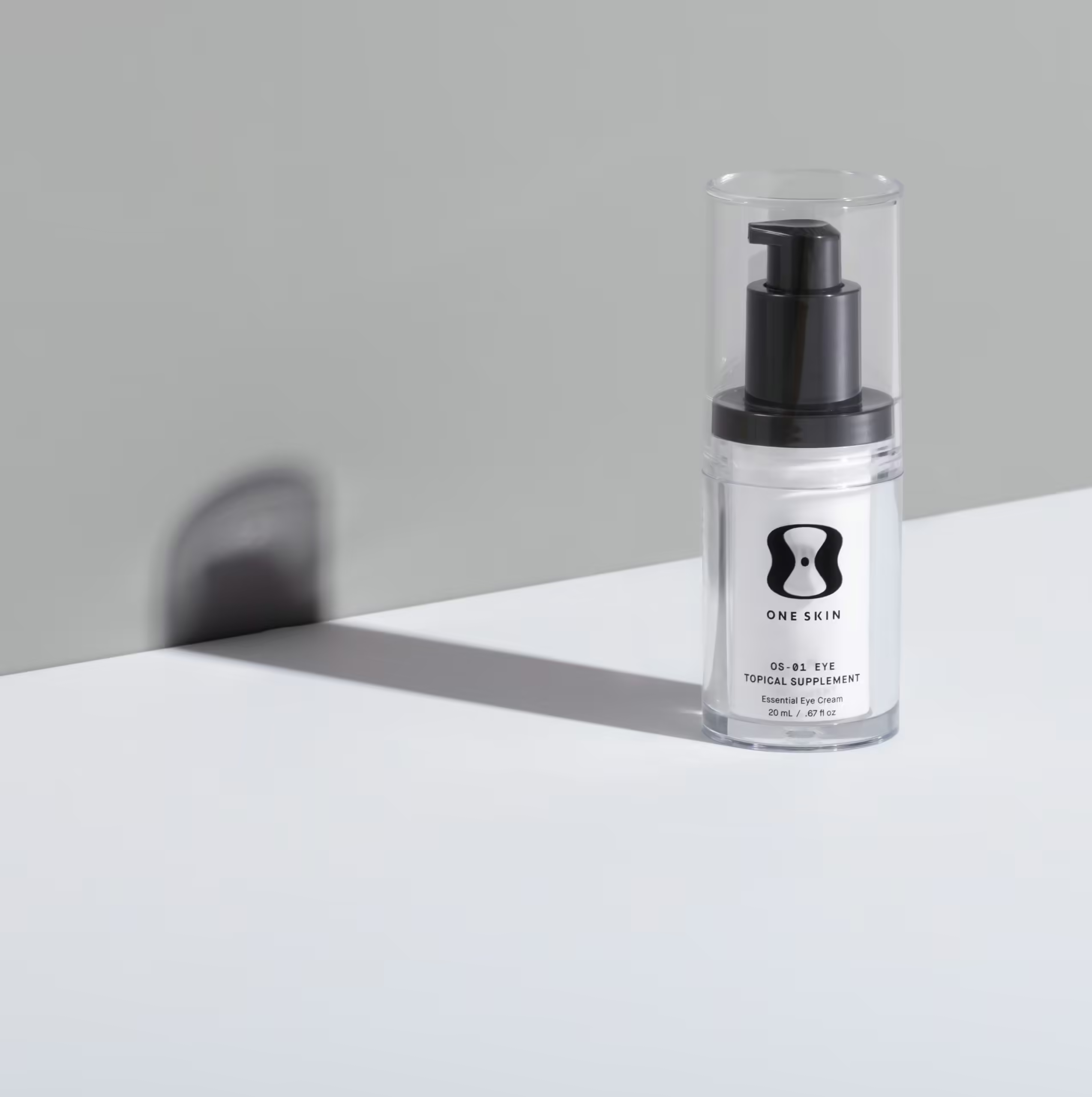Registration for the spring 2019 session of The Nutritious Life Studio’s signature Nutritious Life Certification course is now open! Apply now to officially jumpstart your health and wellness career.
By Emma Stessman
Waking up with a cough or fever are surefire signs that your body could use a day of rest. Knowing when your brain needs a breather, though, is a lot harder.
Generally, we prioritize physical health over mental health, says Jennifer Wolkin, PhD, a licensed clinical psychologist—but you can’t have one without the other. “Mind, body, and brain are so inextricably intertwined. Just like our bodies needs to rest, refuel, and regroup, so do our minds,” Wolkin says. “If we ignore the stressors around us that build up to create burnout, we are at risk of losing our emotional reserves and hurting our immune systems.”
Starting with…your job.
Work is a major recurring stressor for many people, but most companies don’t offer “mental health days” in their benefits packages, nor do bosses tend to encourage them—even though the state of your mental health can have a huge effect on performance.
“The irony of a mental health day is that it benefits both the person taking it and the employer,” Wolkin says. Stress can inhibit your creativity, slow productivity, and even lead to physical illnesses. Here, experts share the signs that you may need a day off, and how to ask for it.
Signs You May Be In Need of a Mental Health Day

There’s no single answer to the question of when you should take a day for your mental health, says Dr. Wolkin. But there are some cues that can signal it may be a good time.
“I think it’s worth exploring if you are finding it increasingly hard to focus or maintain consistent productivity at work,” Dr. Wolkin says. When you’re in a constant state of stress, you lose the emotional reserve that it takes to complete tasks efficiently, she says. Of course we all have days when we would rather scroll Instagram than finish a report that’s due. But when you frequently find yourself giving into distractions or are feeling so burnt out you can’t focus, it could be a sign you need to take some personal time.
RELATED: How to Be Happy at Work Even if You Don’t Have Your Dream Job (Yet)
Another sign is chronic fatigue. “Sometimes my clients will notice that they are not sick physically per se, but feel an overwhelming sense of physical exhaustion,” she says. If you are constantly tired and find yourself guzzling five cups of coffee a day, it could be a sign of something bigger but could also mean that you simply need a day to relax and recoup.
“A short fuse over minor things—at work or in your personal life or both—muscle tension or flare-ups of other somatic issues, feeling ‘out of control,’ and impatience and restlessness,” are all additional signs that you may need to ask for some time off, says Dara Hayden, PsyD, a Bay Area-based licensed clinical psychologist.
How to Approach Your Boss About It
While vacation days and sick days are standard at many offices, most companies don’t have established protocols in place for employees to ask for a day off for mental health, and this uncertainty about how to approach the situation can often increase the stress further, Dr. Hayden says.
RELATED: 5 Creative Practices You Can Use to Manage Stress
“Often people end up lying or blaming the need for the day off on someone or something else that won’t be questioned, like house repairs, car problems, sick kids, etc.,” she says, “but this creates another layer of stress…as they have now been untruthful about why they need the day off.”

While it’s best not to flat-out lie to your boss, if you don’t feel comfortable bringing up the subject, Dr. Hayden suggests simply telling them that you don’t feel well or that you need a day to handle some personal matters. Most bosses won’t ask follow-up questions.
If you are open to talking to your boss about it, you should be direct, Dr. Wolkin says. If you come off as wishy-washy, your boss might perceive the matter as being less important. “I encourage my clients to say, ‘I notice I’m feeling physically exhausted—I think if I took a day to rest my mind and body, I could ensure that I am more efficiently focused and creatively inspired,’” she says. “Say, ‘It is important to me to take care of my whole self to make sure I am as productive as I can be at work.’”
What to Do on Your Mental Health Day
Ideally, you should try and use the time to engage in behaviors that are nurturing and de-stressing, to help you regain a sense of control over your life.
“That might include taking two hours to cook and meal prep, journaling, eating more mindfully throughout the day, or taking ourselves on a walk—ideally, where there are trees and some sense of nature to connect to,” Dr. Wolkin says. But don’t put too much pressure on yourself to actually do something. “Rest can go a long way,” Dr. Wolkin says. “Many of us don’t actually allow ourselves the luxury of just resting, without feeling the guilt of not being ‘productive’ or ‘doing something.’”
The key, Dr. Wolkin says, is to take the day and have compassion and gratitude for however you choose to spend it. “It’s a day for one to refuel and reduce stress—whatever iteration that takes,” she says.
(Photos: Shutterstock)




























